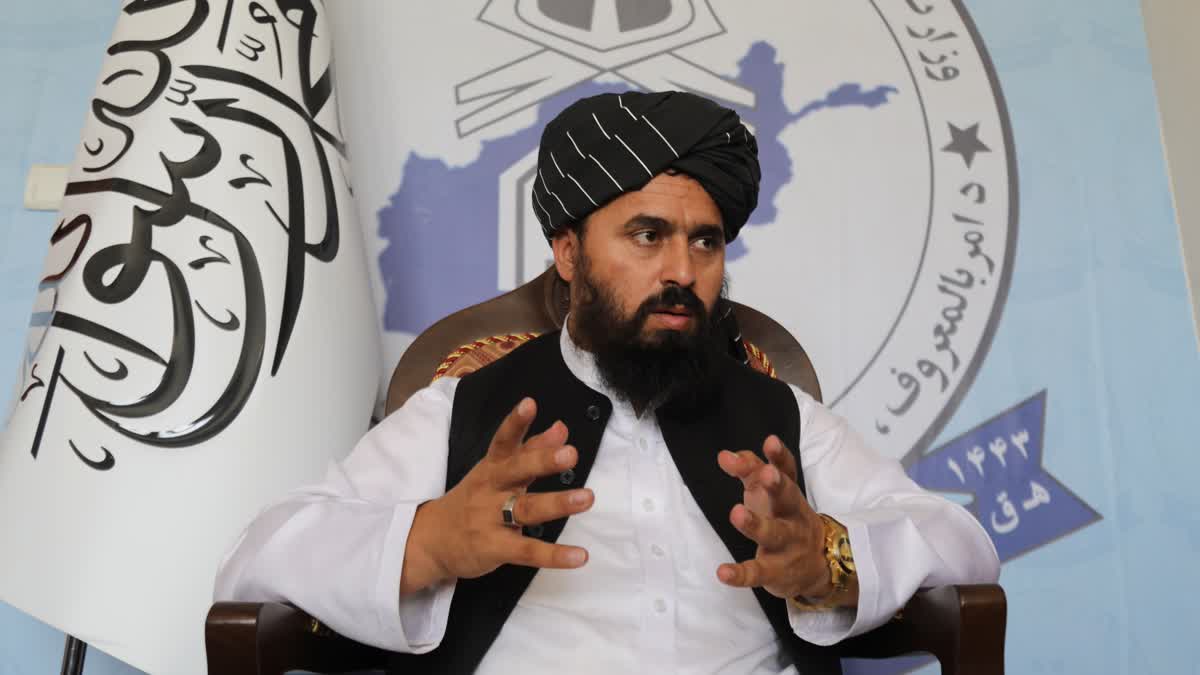KABUL, Afghanistan: Women lose value if men can see their uncovered faces in public, a spokesman for a key ministry of Afghanistan's Taliban government said Thursday, adding that religious scholars in the country agree that a woman must keep her face covered when outside the home.
The Taliban, who took over the country in August of 2021, have cited the failure of women to observe the proper way to wear the hijab, or Islamic headscarf, as a reason for barring them from most public spaces, including parks, jobs and university.
Molvi Mohammad Sadiq Akif, the spokesman for the Taliban's Ministry of Vice and Virtue, said in an interview Thursday with The Associated Press that if women's faces are visible in public there is a possibility of fitna, or falling into sin.
"It is very bad to see women (without the hijab) in some areas (big cities), and our scholars also agree that women's faces should be hidden," Akif said. "It's not that her face will be harmed or damaged. A woman has her own value and that value decreases by men looking at her. Allah gives respect to females in hijab and there is value in this."
Tim Winter, who is the Shaykh Zayed Lecturer in Islamic Studies at the Faculty of Divinity at Cambridge University, said there was no scriptural mandate in Islam for face coverings and the Taliban would struggle to find anything in Islamic scripture that backed their interpretation of hijab rules.
"Their name implies they are not senior religious experts," he told AP. "The word Taliban means students. "
He said the Taliban operate on the basis of textbooks used in village madrassas, religious schools, and that Muslim scholars who have been to Afghanistan during both periods of Taliban rule have been underwhelmed by their level of religious knowledge. "They have just been so isolated from the wider Muslim community."
The Taliban's restrictions on girls and women have caused global outrage, including from some Muslim-majority countries.
On Wednesday, U.N. special envoy Gordon Brown said the International Criminal Court should prosecute Taliban leaders for crimes against humanity for denying education and employment to Afghan girls and women.
Akif, who is the main spokesman for the Vice and Virtue Ministry, did not answer questions about the bans, including whether any of them could be lifted if there were to be universal adherence to hijab rules. He said there were other departments to deal with these issues.
Akif said the ministry faced no obstacles in its work and that people supported its measures.
